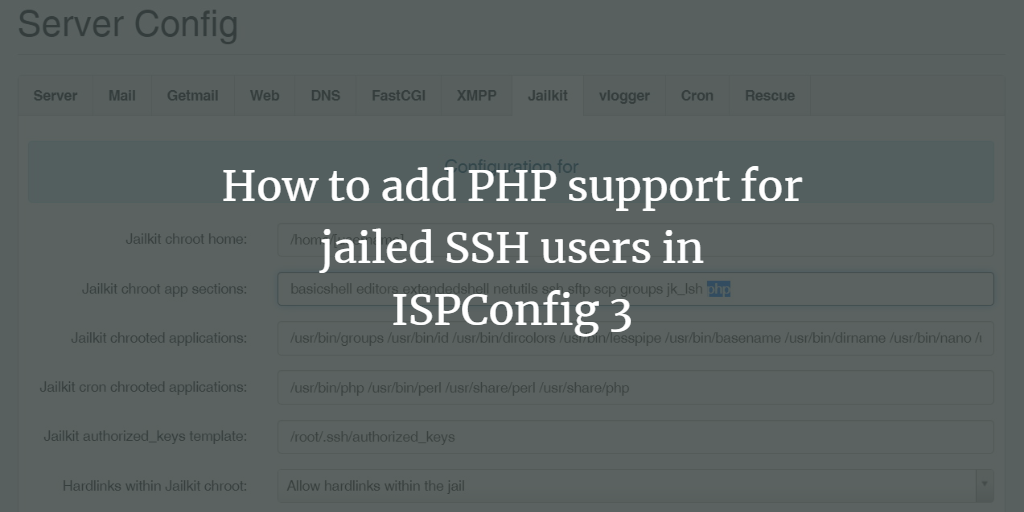How to access a name based website without a DNS record
The /etc/hosts file on a Linux system is a critical configuration file that maps hostnames to IP addresses. This file allows a user to manually associate specific IP addresses with domain names, effectively bypassing the DNS (Domain Name System) lookup process for these entries. The file typically contains lines of text where each line represents ... Read more


